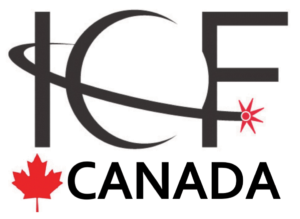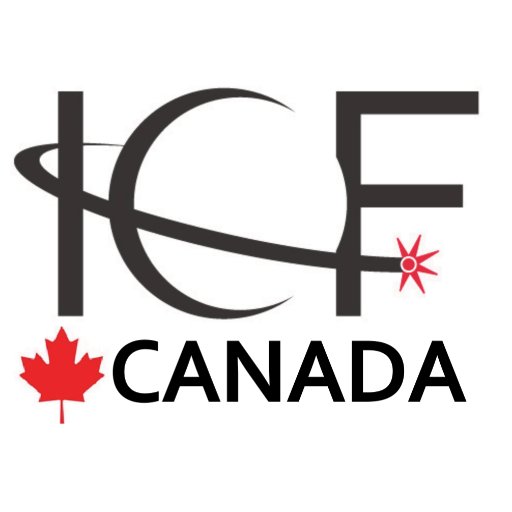
ICF Canada Profile of Pickering, Ontario
A Smart21 community in 2017 and 2018, Pickering with a population of 94,000 residents, is located to the east of Toronto and is part of the Greater Toronto Area. It is home to the Pickering Nuclear Generating Station, an eight-reactor facility with a capacity of more than 4,000 megawatts. Around the plant a cluster of energy technology firms, as well as companies specializing in audio and electrical equipment, pharmaceuticals and water purification and chemical recovery have grown. The northern half of the municipality is largely rural and agricultural with a scattering of residential developments.
Although most of Pickering has high broadband availability, 17% of residents still do not have access to any Internet services or cannot afford the few options available to them. To combat this problem, the city has adopted a series of policies and initiatives as part of the Connected Pickering brand. Pickering adopted at “Dig Once” policy in 2016 to mandate that all future road construction projects will including conduit building and a plan for connecting roads. In 2017, the city partnered with Distributel, a Toronto-based ISP, to fund the “Connect to Innovate” project, which will provide Pickering with a resilient broadband network that includes connecting 5 underserved rural hamlets. The project will also provide Pickering with 12 strands of fiber, allowing for ultra-highspeed Internet access in the city’s Innovation Corridor.
To fill in gaps of access and affordability, Pickering has also deployed 35 wireless hotspots at public facilities and waterfront parks and plans to deploy 10 more. The network is already connecting with 5,000 unique devices and supporting more than 20,000 sessions per month. Next on the city’s agenda is a community engagement program to gain input on where free Wi-Fi should be deployed in the future. Despite high broadband availability and adoption, Pickering has a skills gaps among residents with lower income and/or lower educational achievement. The community tackles the challenge through two programs. The Pickering Library system runs a free program for digital skills training that is available to all residents. It focuses on computer basics, common software applications and web browsing. With a library card, residents can also take part in online learning through partners including Lynda.com for software training, Gale Courses in business, and Mango Languages. Thousands of residents have taken courses, which have opened doors, changed lives and established new connections between residents.
PPL Connect, the second program, brings training directly to residents in need. Funded by a research grant, it works with partners that provide onsite and one-to-one training in such skills as submitting a resume online, using videoconferencing services and web search. For those without access technologies, the program loans laptops and portable Wi-Fi hotspots. PPL Connect gives priority to those with the lowest level of skills but also helps residents with solid technical skills to learn advanced topics from 3D printing to robotics.
Pickering’s third program is the iHelp Service, which provides one-on-one assistance with technology issues and questions in the Library or virtually. iHelp supplements training provided by the Pickering Library and PPL Connect by giving residents a support network to access for questions that may come up after their technology training, without requiring them to attend or request another full session. Since its creation, the iHelp Service has assisted over 17,000 clients each year on a variety of topics including setting up email accounts and creating online photobases for personal and business needs.
Sustainability is taken seriously in Pickering, where quality of life is vital to its economy. A program called Celebrating Sustainable Neighborhoods is a competition for neighborhood groups – schools, community groups, place of worship and businesses – to improve the place they live. A peer vote each year determines which neighborhood receives a grant of up to C$10,000 to further its work. Since the program’s launch in 2013, it has generated more than 350 community-building projects from community gardens and charity fundraisers to litter cleanups, tree planting, youth programs and waste and energy reduction.
One of Pickering’s newer sustainability projects is the Sustainable Seaton: Community-Building workshop series, established in 2016. The series, funded by the Seaton Landowners Group, provides builders, designers, architects and municipal staff with a variety of tools and knowledge from industry experts on sustainable building and design practices. The first workshop in 2016 focused on Net Zero Housing, while the second in 2017 focused on energy collection, storage and distribution. Each workshop has been well-received and attended by over 100 guests. The same drive to improve life at the community level extends to all of the city. As Toronto’s economy expanded from 1996 to 2001, Pickering saw its population swell, resulting in the rapid conversion of farmland in the north to residential subdivisions. The city responded by slapping development restrictions on agriculture land. Forecasts, however, project the population of Pickering to more than double to 190,000 by 2031, creating enormous demand for housing. The community is engaging in negotiations with developers to better balance demand for development with the need to conserve rural quality of life.
While protecting its rural areas, Pickering has spent two years studying and conducting public consultation about a plan for urban intensification of its downtown. The plan seeks to manage growth, articulate placemaking opportunities and target investment rationally over the next 20 years. The resulting study, Downtown Pickering: A Vision for Intensification, provides computer modeling, policies and guidelines for land use, mobility, built form and capital projects. Pickering has also focused on energy sustainability, completing an audit of the entire city’s streetlight infrastructure in 2016. Based on the audit’s findings, the city has begun upgrading its streetlights to LED, which is expected to save Pickering nearly $700,000 annually in energy and maintenance costs. As of late 2017, the streetlight replacement is 20% complete. Population growth offers Pickering opportunities for greater prosperity in the future, but only if it can maintain a high quality of life for citizens and ensure that the benefits of growth are shared across the economy. The chance to fulfill those goals brought the city to adopt the framework of the Intelligent Community Forum to guide its development.
For more information on Pickering, see: www.pickering.ca/en
![]()
![]()
Want to have a voice in iCommunity.ca, the official newsletter of ICF Canada? Please send your blogs, announcements and other interesting content to John G. Jung at [email protected]

ICF Canada 1310-20 Bay Street Toronto, Ontario M5J 2N8 www.icf-canada.com
Contact: John G. Jung at [email protected] 1-647-801-4238 cell
Want to change how you receive these emails?
You can update your preferences or unsubscribe from this list
